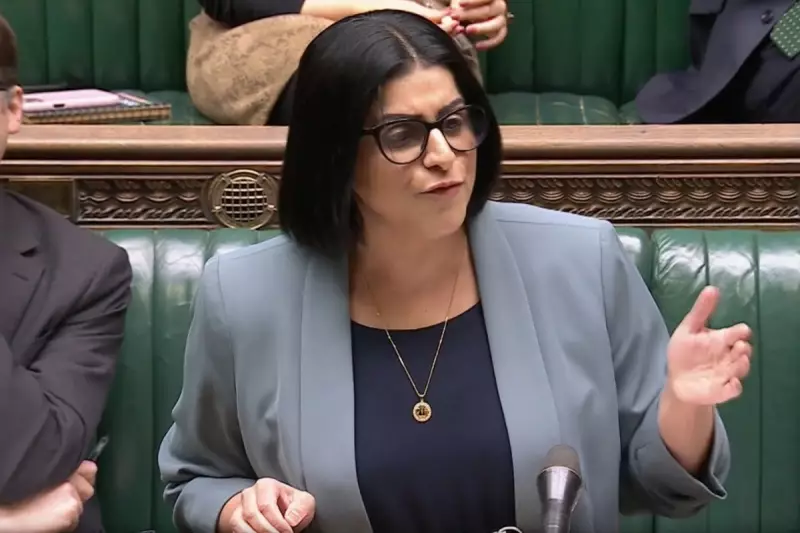
Home Secretary Shabana Mahmood has unveiled the government's sweeping overhaul of the UK's asylum system, declaring the current situation 'out of control and unfair' for British taxpayers. Presented to the Commons on Monday 18 November 2025, the reforms are set to create one of the toughest asylum regimes in Europe, drawing direct inspiration from Denmark's strict approach.
Ms Mahmood defended the contentious plan, stating it was an 'uncomfortable truth' that the UK's generous asylum offer was drawing people to its shores. She issued a stark warning, arguing that failure to act would lead the public down 'a path that starts with anger and ends in hatred'.
Key Changes in the Asylum Overhaul
The centrepiece of the reform is the introduction of temporary refugee status, subject to review every 30 months. This marks a dramatic shift from the current five-year grant, after which individuals can apply for indefinite leave to remain.
Under the new system, refugees will be removed as soon as their home countries are deemed safe. Furthermore, the wait to apply for permanent settlement will be quadrupled from 5 to 20 years, creating one of the longest pathways to citizenship in the developed world.
Other significant measures include:
- No automatic right to family reunion for refugees
- Potential enforced returns for families with children
- Revocation of the legal duty to provide asylum-seeker support
- Stricter age checks using facial assessment technology
- Limiting failed asylum seekers to one appeal against removal
Political Backlash and Support
The proposals have triggered a significant rebellion within the Labour party, despite likely receiving enough Tory support to pass. Former Labour frontbencher Richard Burgon condemned the policy as 'scrapes the bottom of the barrel', while Stella Creasy warned it would leave refugees in 'a permanent sense of limbo'.
In a particularly emotional intervention, Labour Peer Lord Dubs, who arrived in the UK as one of 600 Jewish children rescued from the Nazis, accused Ms Mahmood of 'using children as a weapon'.
However, the reforms found support from opposition benches. Tory leader Kemi Badenoch described them as 'positive steps', while Reform MP Danny Kruger welcomed the rhetoric of restoring order and control.
International Measures and Further Reforms
Demonstrating her determination, Ms Mahmood announced plans for Trump-style visa bans against countries refusing to take back illegal migrants. Nations including Angola, Namibia and the Democratic Republic of Congo could face tourist and business visa suspensions.
In one of the most controversial moves, the government revealed it is exploring resuming enforced returns to Syria and other countries where removals have been suspended. The Home Office document suggested that regime changes should enable returns, citing voluntary returns to Syria following the toppling of the Assad regime.
The government is also investigating the creation of overseas 'return hubs' in safe third countries, where failed asylum seekers could be sent instead of their country of origin. This would involve payments to host countries for each person removed from the UK.
Charities have reacted with outrage to the proposals. Amnesty International UK's Steve Valdez-Symonds accused the Home Secretary of 'constantly demonising and scapegoating refugees', while the Migrants' Rights Network called the steps 'unprecedented and appalling'.
The reforms represent the most significant shift in UK asylum policy in decades, balancing the government's pledge to regain control with deep concerns about humanitarian protections and integration prospects for those seeking sanctuary in Britain.





